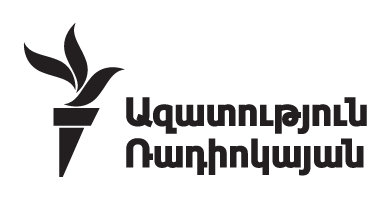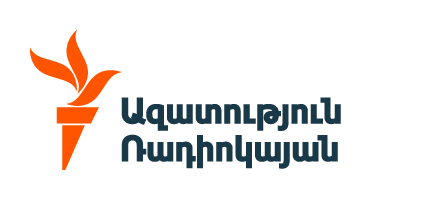Armenia swiftly welcomed late on Thursday a framework agreement to curb neighboring Iran’s controversial nuclear program which was reached by the Islamic Republic and world powers during marathon negotiations in Switzerland.
“That will contribute to the strengthening of stability and cooperation in the region,” Foreign Minister Edward Nalbandian said in a statement. “This serious progress in the process of solving the Iranian nuclear issue shows that even the most complex problems can be settled through negotiations.”
The tentative agreement cleared the way for a comprehensive deal which Iran, the United States, the European Union, Russia and China aim to conclude by June 30. Such a deal would lead to a gradual lifting of crippling international sanctions imposed on Tehran because of what the West sees as Iranian efforts to develop nuclear weapons.
The sanction relief would not only increase Iran’s vital oil revenues but also facilitate its commercial ties with other nations, including Armenia. Successive Armenian governments have maintained warm relations with the Islamic regime in Tehran, reflecting their landlocked country’s unresolved conflicts and closed borders with two other Muslim neighbors: Azerbaijan and Turkey.
For over two decades Iran as well as Georgia have been Armenia’s sole conduits to the outside world. Armenia also imports natural gas and limited amounts of other fuel from Iran and hopes to significantly boost electricity exports to the Islamic Republic in the coming years.
The Western sanctions have long hampered the implementation of large-scale Armenian-Iranian energy projects. In particular, the Armenian government has had to impose serious restrictions on cash operations between Armenian and Iranian banks. Officials have blamed these curbs for a delay in the construction of a big hydroelectric plant on the Arax river marking the Armenian-Iranian border and a new power transmission line connecting the two countries.
An Iranian diplomat said in December that the easing of the sanctions, which already began in 2014, bodes well for the launch of these projects. Foreign Minister Mohammad Javad Zarif, Iran’s chief negotiator in the nuclear talks concluded in Lausanne, spoke of further progress towards their implementation when he visited Yerevan in January. Zarif also sounded optimistic about chances of a far-reaching nuclear settlement between Iran and the world powers.





